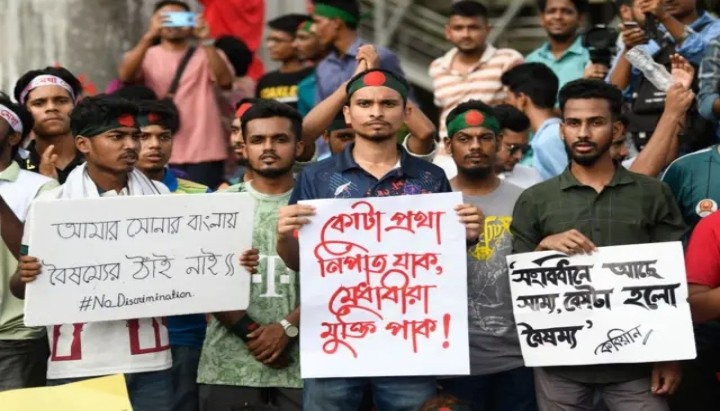
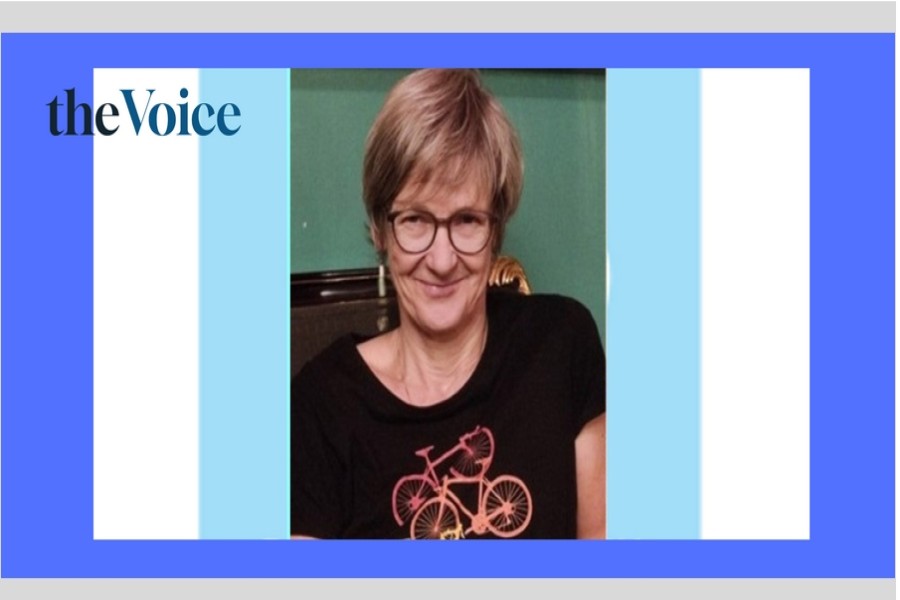
Mohammad Yunus, has destroyed the careers of hundreds of journalists
Charlotte Jacquemart: Bangladesh has never seen such a ferocious attack on press freedom since independence in 1971.
Journalists and the media, of whatever kind, have always had to walk a tightrope in Bangladesh. Under all previous governments, whether it was the Awami League, the BNP or the military: Working as a journalist has never been without danger in a country that is a democracy on paper but in reality has been under the iron fist of its rulers. Not surprisingly, Bangladesh ranks 165rd out of 180 countries in the latest Press Freedom Index of 2024. Just a few years ago, in 2015, Bangladesh was ranked 145th.
And there is no doubt that the country will slide further down the list in the next Press Freedom Index, given the current hatred of the media in the country following the fall of Sheikh Hasina’s regime on 5 August.
Since the day of her overthrow, the media has been purged in a way the country has not seen before: More than 300 mostly senior and experienced journalists have already been charged with murder, most of them facing more than one case. Sheikh Manjur, regional director of the movement Article19, says the number is still rising.The journalists are indiscriminately accused of being responsible for the many students killed in the coup against the former government. Most of the accused journalists have gone into hiding to avoid arrest, but all have lost their jobs, their income, their careers destroyed. Of course, none of them had anything to do with the murders. But their names appear in murder cases with sometimes as many as 200 others accused in the same case. Often they are accused of different murders that happened on the same day, at about the same time, in different places in Dhaka.
Five of the accused have been imprisoned, in these false murder cases, so far. They are held in Kashimpur prison on the outskirts of Dhaka. Among them are the internationally awarded Farzana Rupa, together with her husband Shakil Ahmed, Mozammel Babu and Shyamal Dutta.
The case of the journalist couple Farzana Rupa and Shakil Ahmed is particularly telling – and disturbing: The couple was arrested at the airport in late August while trying to leave the country legally at the invitation of France. At the time of their arrest there was no case against them. All the murder cases against the journalist couple were fabricated after the arrest. And although there isn’t a single piece of evidence against them they are sitting in jail – for 3 months already, with minor children at home alone.
International organisations like Reporters without Borders RSF and The Committee to Protect Journalists CPJ and many human rights groups around the world have called for their immediate release.
And not only that: The interim government also banned travel abroad for the journalists they consider to be friends of “fascists”. And they froze many bank accounts of many journalists so they can’t use their own money. Also, 167 journalists have had their press cards revoked, which gave them access to the Secretariat. 27 were thrown out of the National Press Club.
Of course, all these journalists are targeted not because they killed anyone – but because they are liberal thinkers, supporters of a secular Bangladesh. Many leaned toward the ousted Awami League – reason enough to harass them, beat them up, threaten them, fabricate murder cases against them, let them rot in jail.
Anyone walking the streets of Dhaka these days, as I have been doing for the past week, will notice how dangerous journalism has become. Women journalists in particular are under threat. You can see mobs attacking young female journalists trying to cover protests. Or you can see mobs sitting in front of liberal newspapers like Prothom Alo and the Daily Star, demanding the closure of the paper and chanting slogans like “Mahfuz Anam (editor) must be hanged”. Just this Sunday, Islamic protesters slaughtered a cow in front of the offices of Prothom Alo, again demanding the closure of the “pro-India” newspaper.
Why is press freedom under the interim government led by a Nobel Peace Prize laureate being attacked so ferociously? The answer is simple: The interim government under Mohammad Yunus is not in control. The extreme Islamic forces within the government’s advisors are. And they are against everything that is liberal and secular. They want to silence as many liberal voices as possible ahead of the next election. How strong their presence already is can be seen again on the streets of Dhaka: Girls and women have largely disappeared. Women complain of harassment, of being prevented from going to school, from entering their university departments. Many women stay at home, try to be invisible, or wear a hijab when they go out. Unthinkable just 6 months ago.
And it goes without saying that the only imprisoned female journalist, Farzana Rupa, is being held in jail because she must be punished: As an outspoken, courageous woman who has throughout her career spoken out especially against islamic violence against women. Her treatment in jail speaks more than 1000 words: Male senior journalists usually get a single cell with minimal furniture and own bathroom. Farzana Rupa is being held in a cell with 30 other women, no chair, no table, no real bed, living on the floor. Her suffering in jail should be a warning to all other female journalists in the country.
The extent of dissent within the caretaker government can be seen in its own communications: On November 21, Chief Advisor Yunus admits in an interview with the Daily Star that the murder cases against journalists without evidence are “unfair” and were done ”hastily”. And that he wants to stop them. But he fails to give the journalists – whose careers have already been shattered – a playbook or a timeline of how he intends to proceed. And just 24 hours earlier, Press Secretary Shafiqul Alam tells a press conference that “all the reports of all the journalists of the last 15 years must be examined. Whether they contain “fascist narratives”. There would be no place for “fascists” in the media in the future of Bangladesh. The message is clear: if you are not with us, you are against us – and by definition a fascist.
The suppression of press freedom in Bangladesh and the continuing attacks on journalists under Nobel Peace Prize Laureate M. Yunus are proof that the Islamic movements have hijacked the country. They are seizing the moment of the August 5th coup, which they have been actively supporting and preparing for for years. Their time has come, in a country where more than 90% of the population are Muslim.
Many I spoke to in Dhaka last week fear a civil war on their doorstep. For as much as parts of the military, the police, the society, the universities were united in the fight against the former regime, many start to realize that they do not like the outcome they see three months after the coup at all.
Charlotte Jacquemart, senior editor, Swiss Public Radio
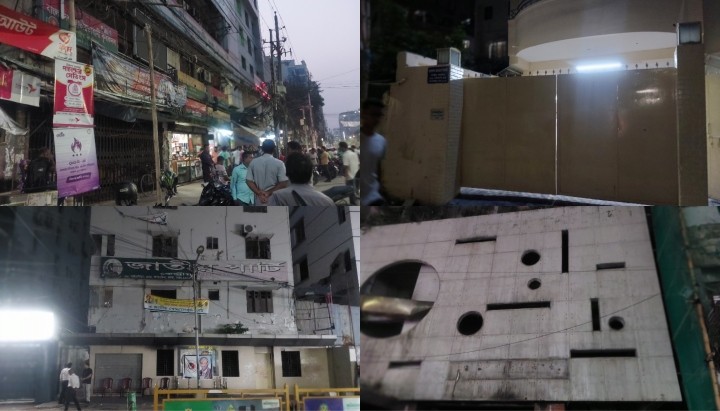
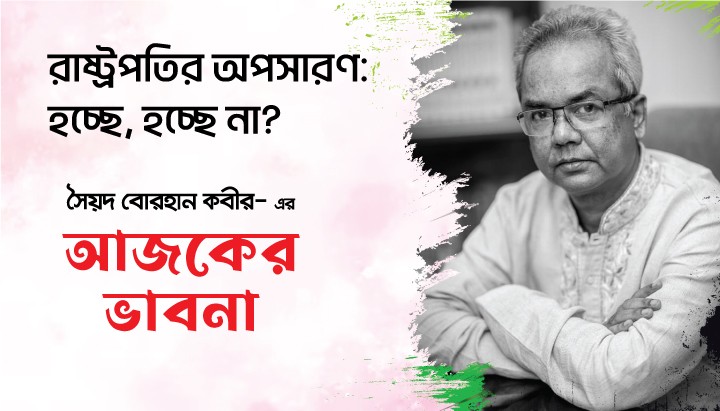
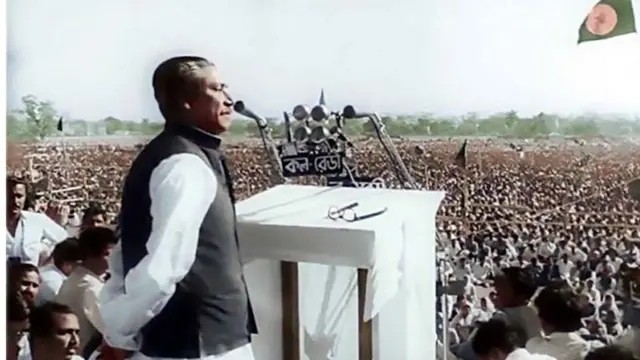
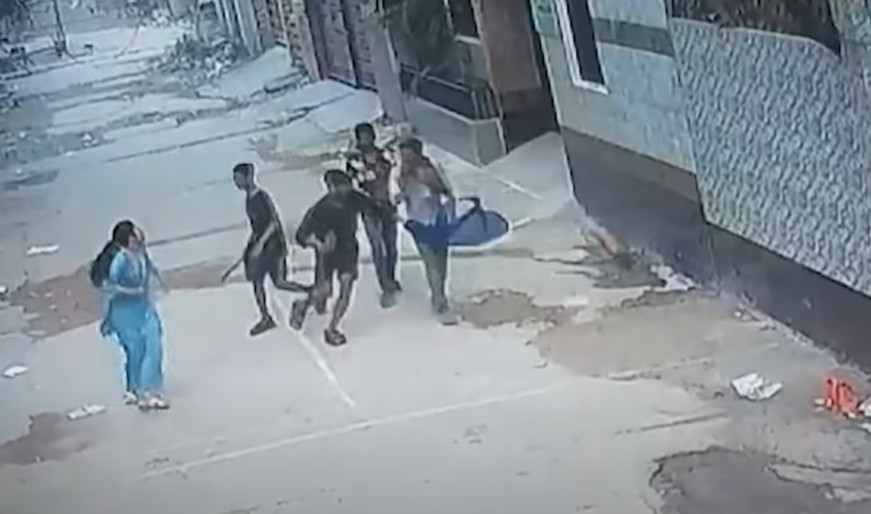
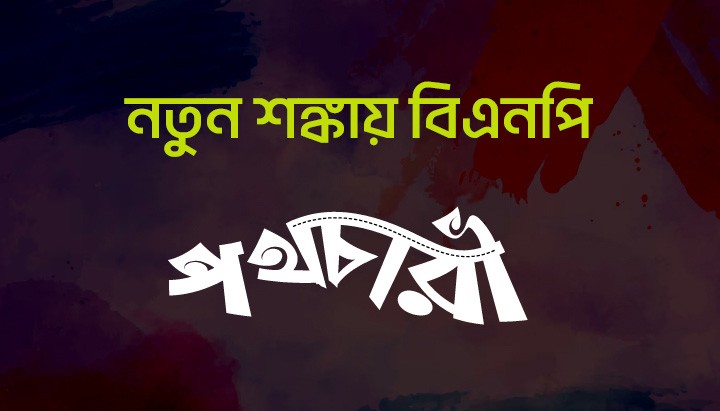
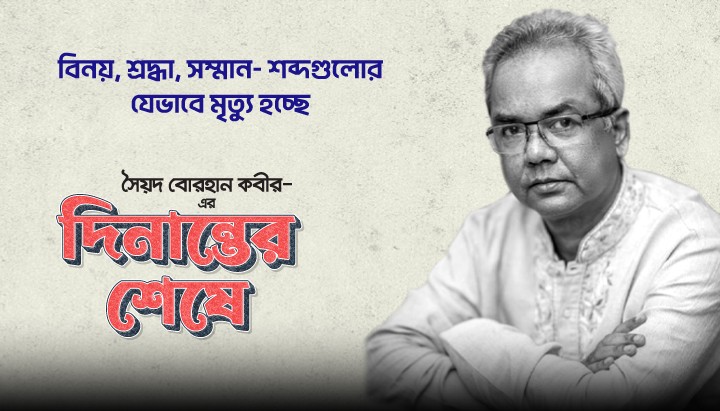
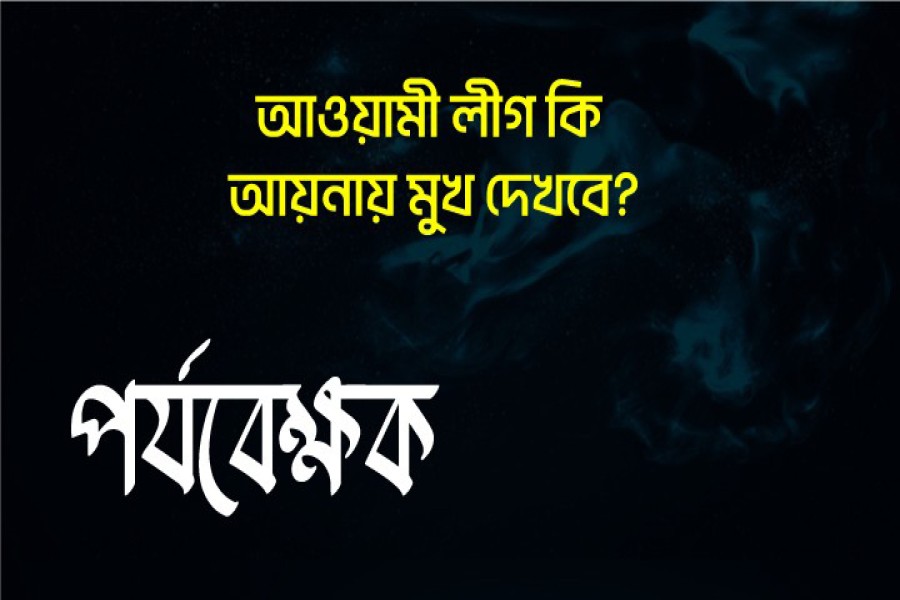
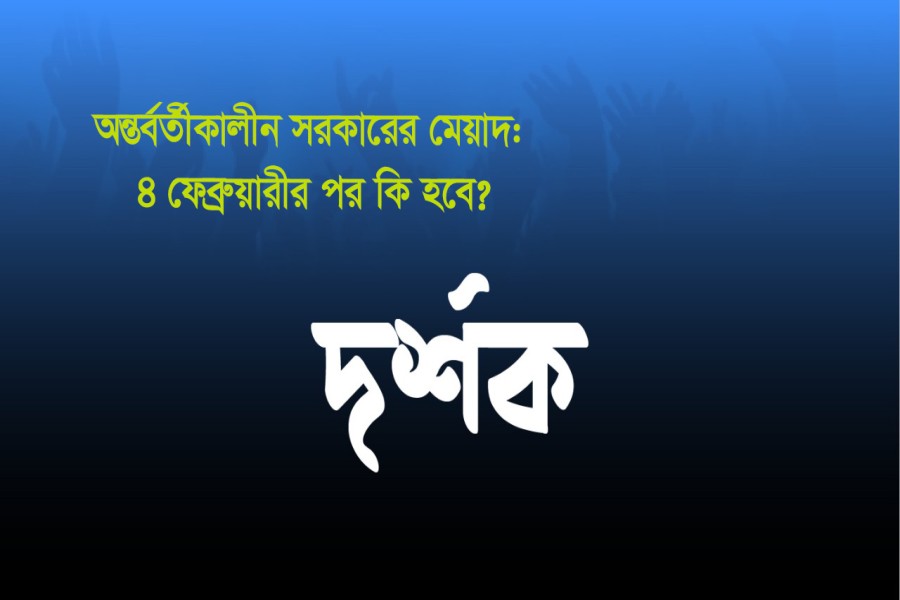
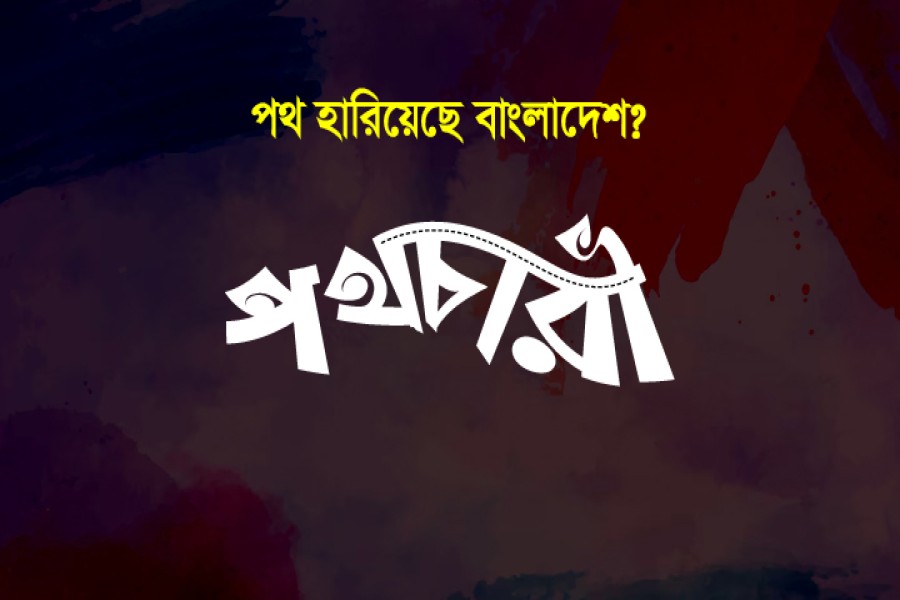
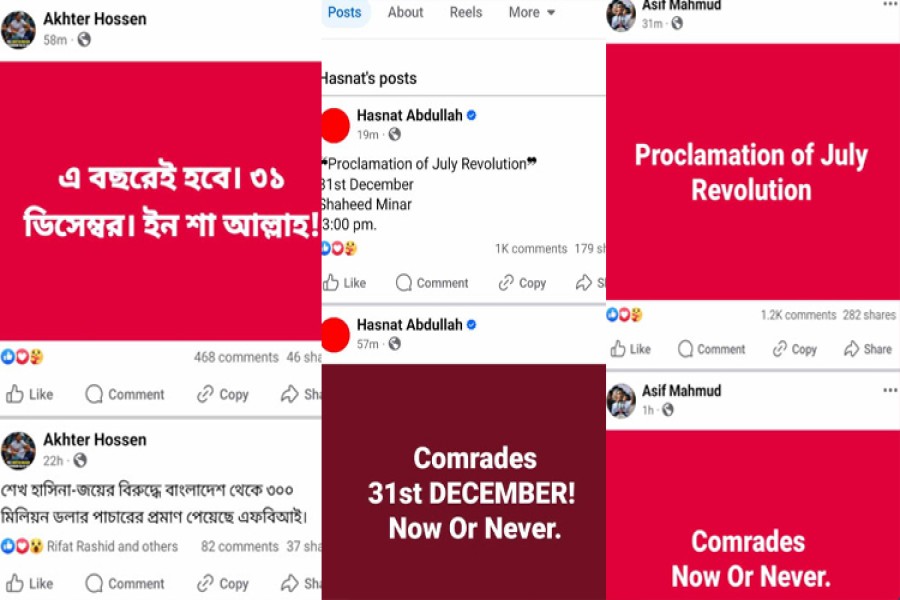
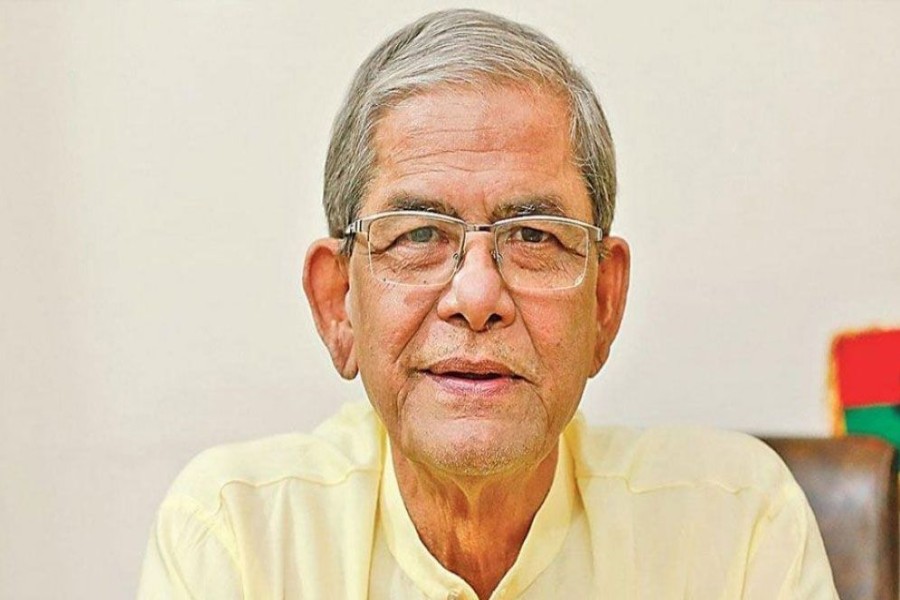
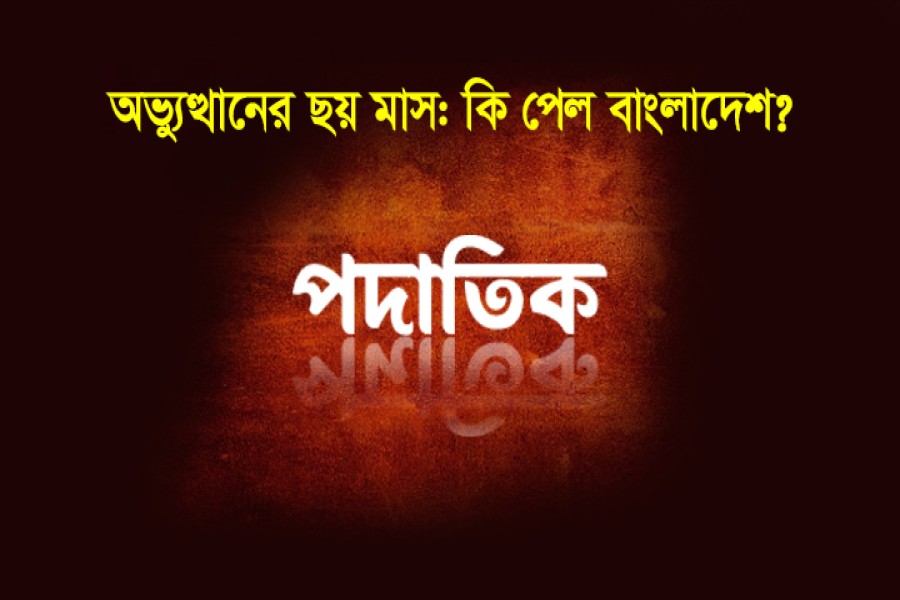
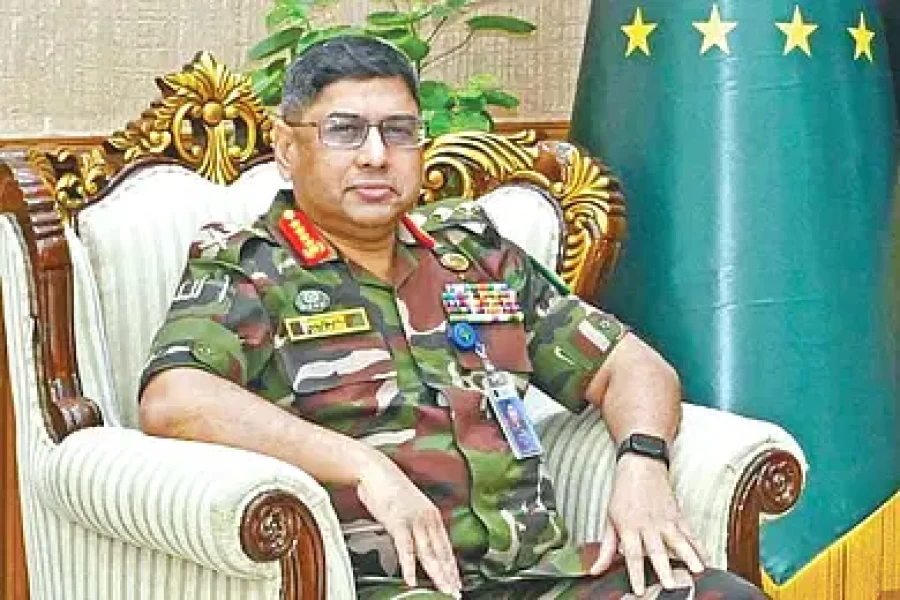
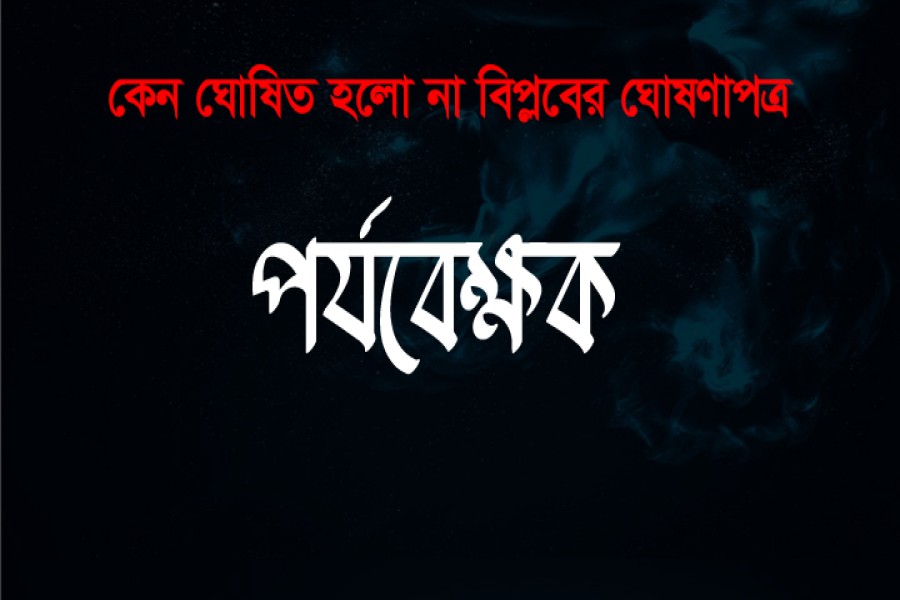
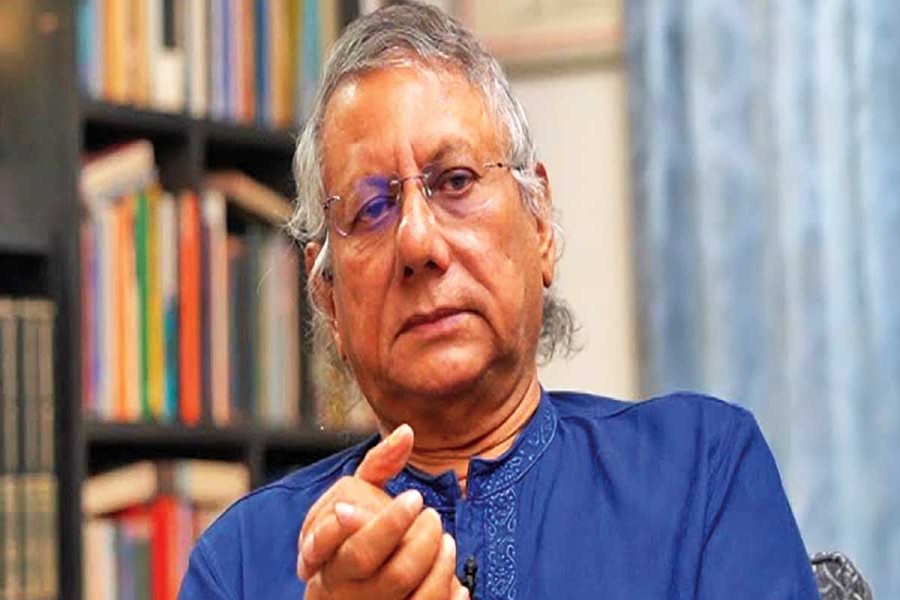
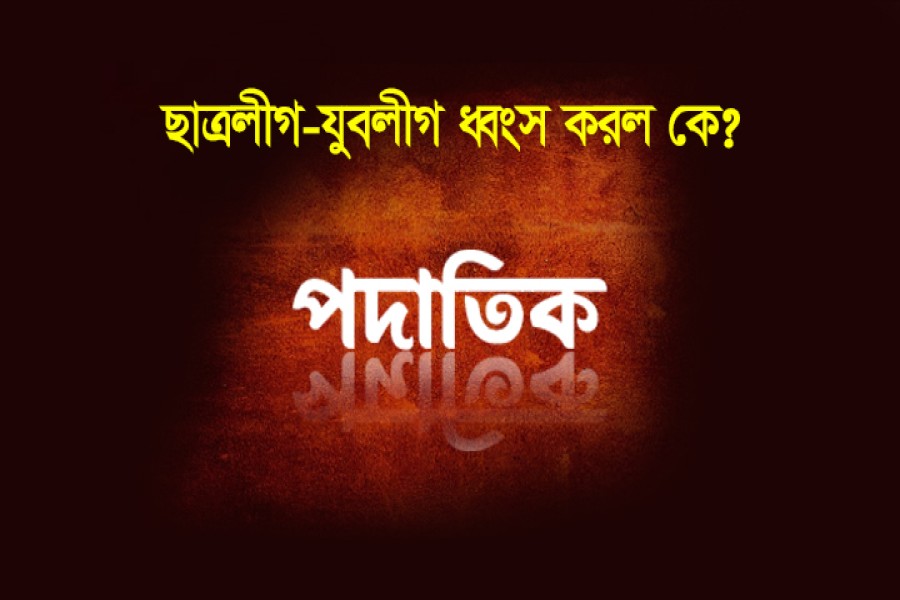
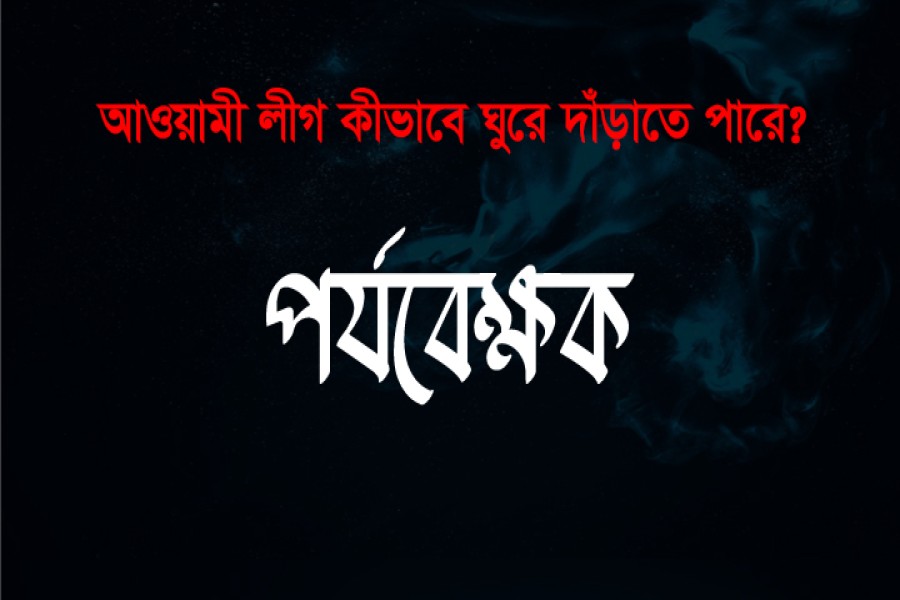
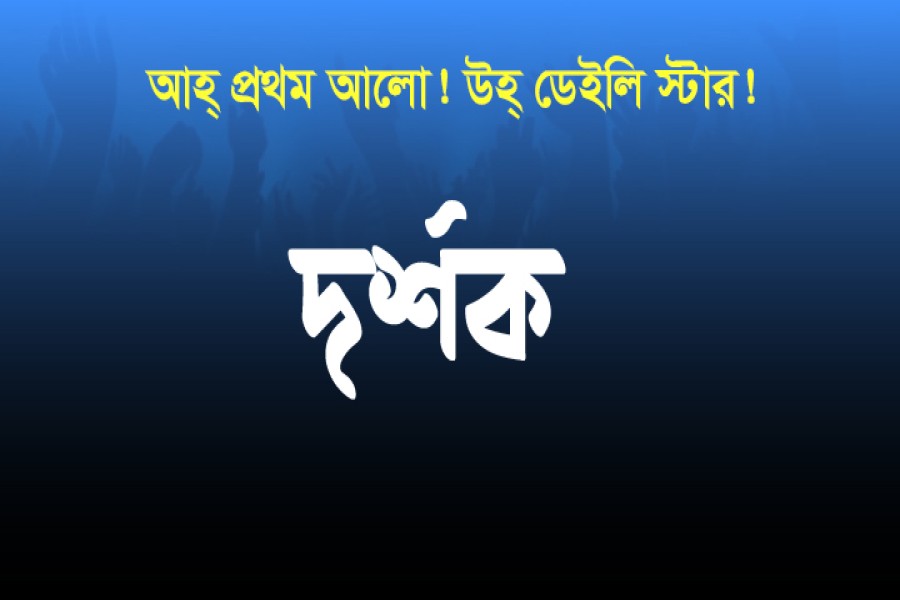
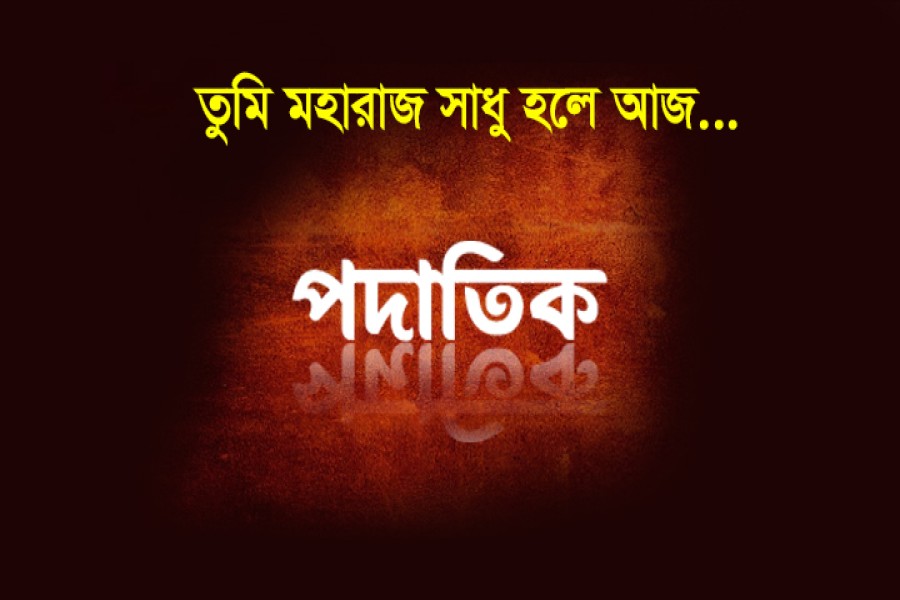
Comments
Leave a Comment